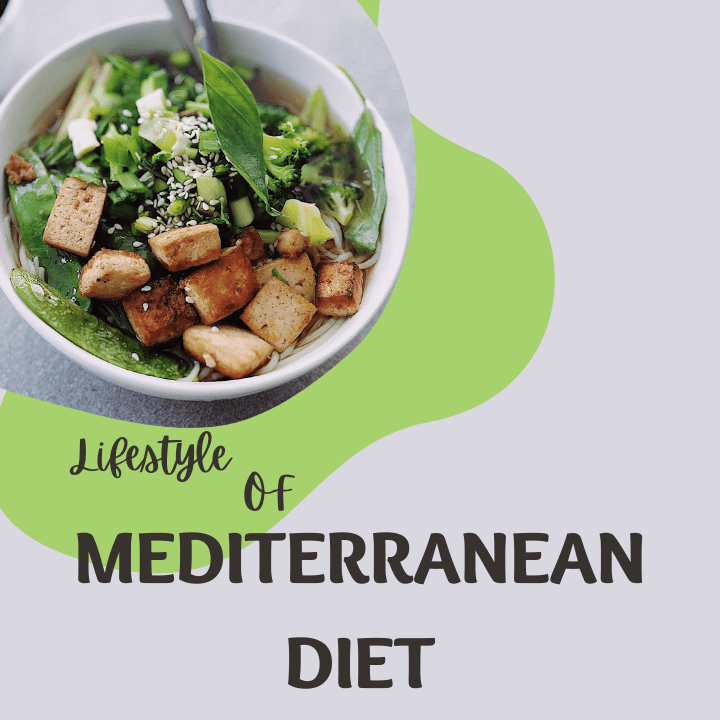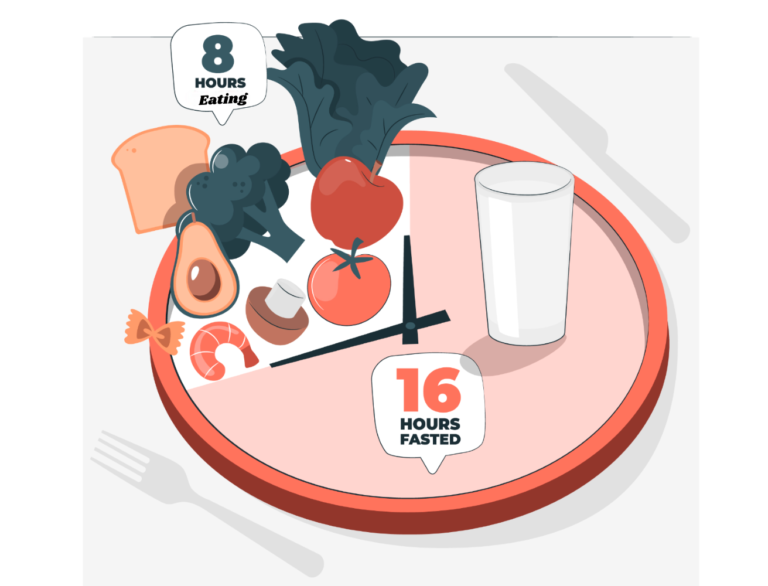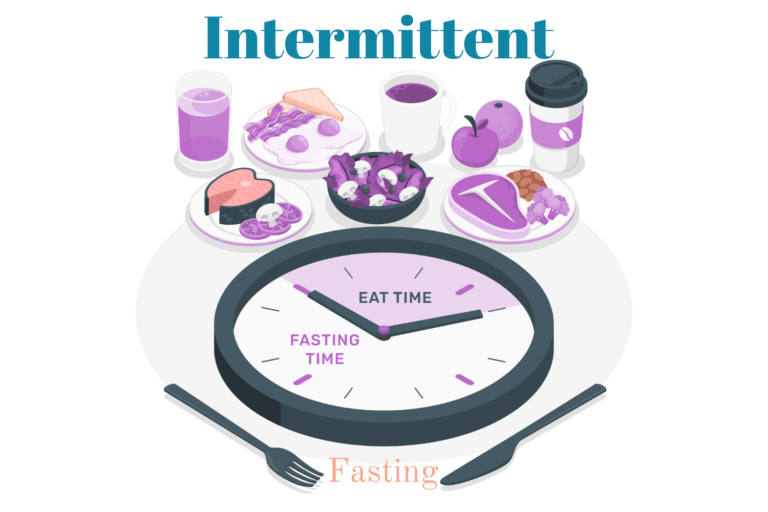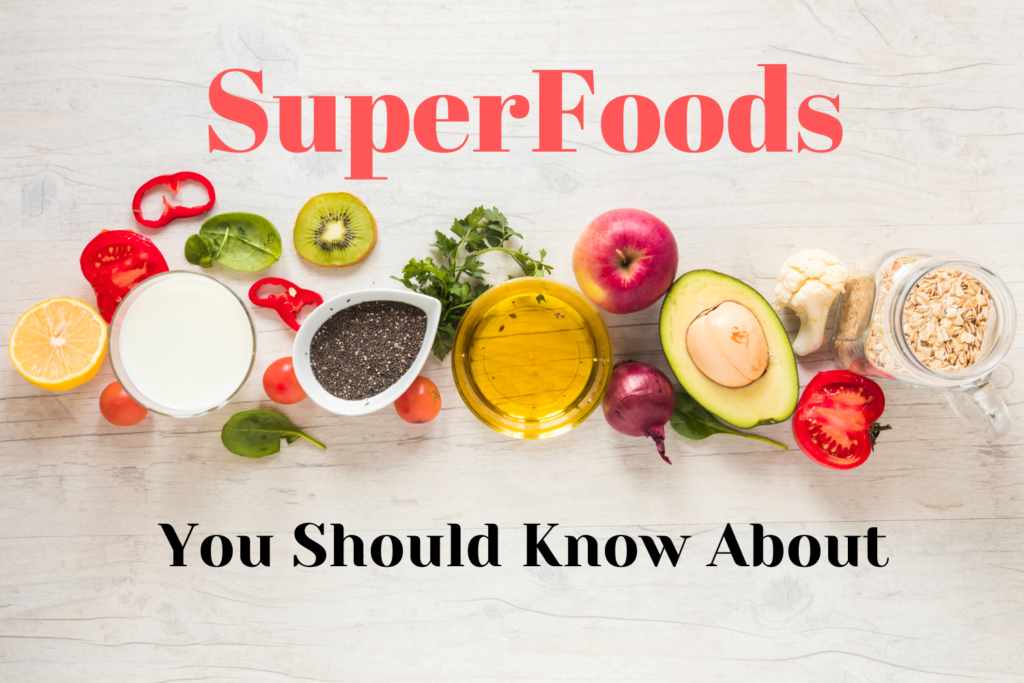11 Foods Those Become Poisonous If Reheated
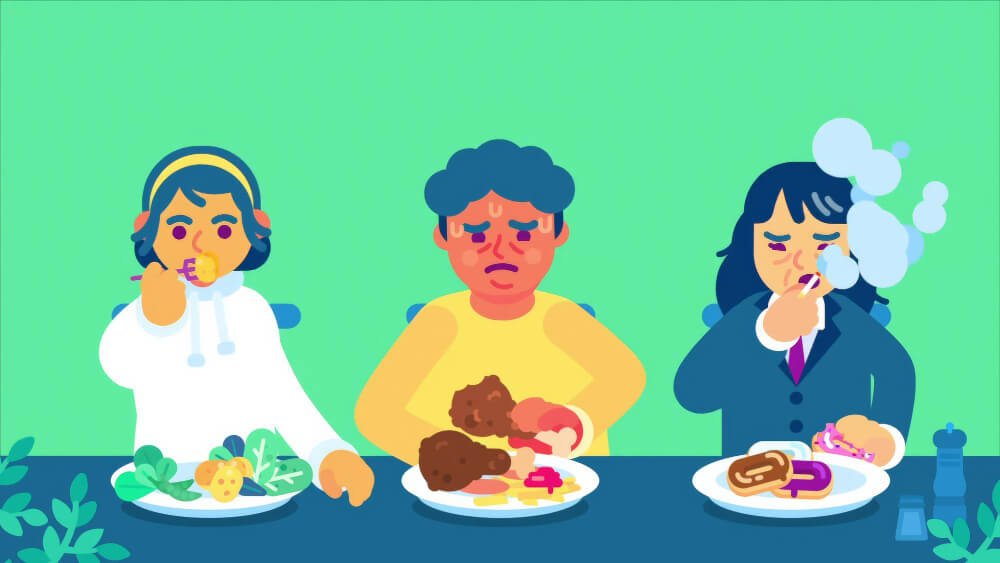
Did you ever feel sick after having leftover microwave food? Modern technology has made our lives so much easier. It also saves valuable time by offering multiple services. But sometimes it can backfire if we don’t use it carefully. Some random foods are poisonous to our health if we reheat or microwave them. Here are some foods that become poisonous after reheating and affect our health horrendously.
1. Rice
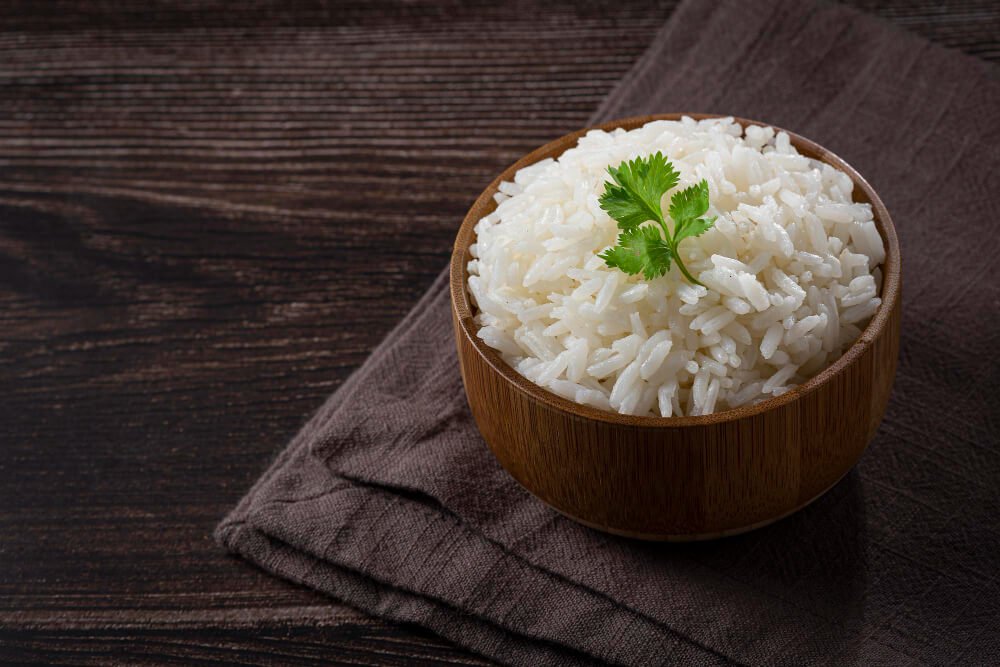
Rice is the main staple food in the Asian region. But anyone can get food poisoning by eating leftover reheated rice, as it depends on the storage system.
Raw rice usually contains spores, which are food-borne pathogens known as Bacillus cereus. These pathogens can survive even after the rice is cooked, as they are remarkably heat-resistant.
When the rice is left at room temperature for a longer duration, the spores of these pathogens can multiply and produce toxins that immediately cause food-borne diseases such as diarrhea, food poisoning, vomiting, etc.
To avoid this unpleasant situation, we should refrigerate properly before reheating and, most importantly, maintain hygiene.
2. Chicken

Chicken contains a high amount of protein content, which may develop carcinogenic properties during heating.
To avoid these negative effects, chicken has to be refrigerated below 42 degrees Fahrenheit, and you should also make sure to reheat the chicken at a very low temperature for a long time.
It is advisable to reheat the chicken meat to at least 175 degrees Fahrenheit, and of course, the internal temperature has to be reached at the same temperature.
As chicken is a poultry product, it contains many pathogenic bacteria. So we have to preserve and reheat the chicken meat safely.
On the other side, repetitive reheating may cause protein structural denaturation, which leads to the degradation of textures like chewiness, fibrousness, etc.
3. Processed Beef or Other Meats

Processed meats like beef, mutton, pork, etc. work the same way.
It also contains a high amount of protein, which also causes foodborne illness if we don’t preserve it properly.
By reheating, it destroys the nutrient content of the food.
Also, refrigerating processed meats may cause vomiting, illness, and other diseases as they consist of several types of pathogenic bacteria. They have been processed with multiple chemical reactions. So it is very important to refrigerate the processed meats safely and hygienically.
4. Beetroot

Beetroots are very nutritious vegetables with a high nitrate content.
It helps to control blood pressure.
But if beetroots are continuously heated and reheated, nitrate components develop carcinogenic properties, which will affect our health. The best way to have beetroots is by sautéing or roasting them.
5. Celery

Like beetroots, celery contains a high amount of nitrate content.
During reheating, nitrates get converted into nitrites and then nitrosamines, which are dreadful for our health. They are considered carcinogenic for human health.
Nitrites are toxic and unhealthy compounds for human health as they are cancerous in nature and lead to cardiac disease.
6. Spinach

Many green leafy veggies, like spinach, contain a high amount of nitrate.
They are highly nutritious because of their fiber content. But for the same reason, spinach should not be consumed after reheating.
It may lose its nutritional value and develop toxic compounds. It is advisable to have raw spinach or eat it on the same day of cooking.
7. Starchy food Potato
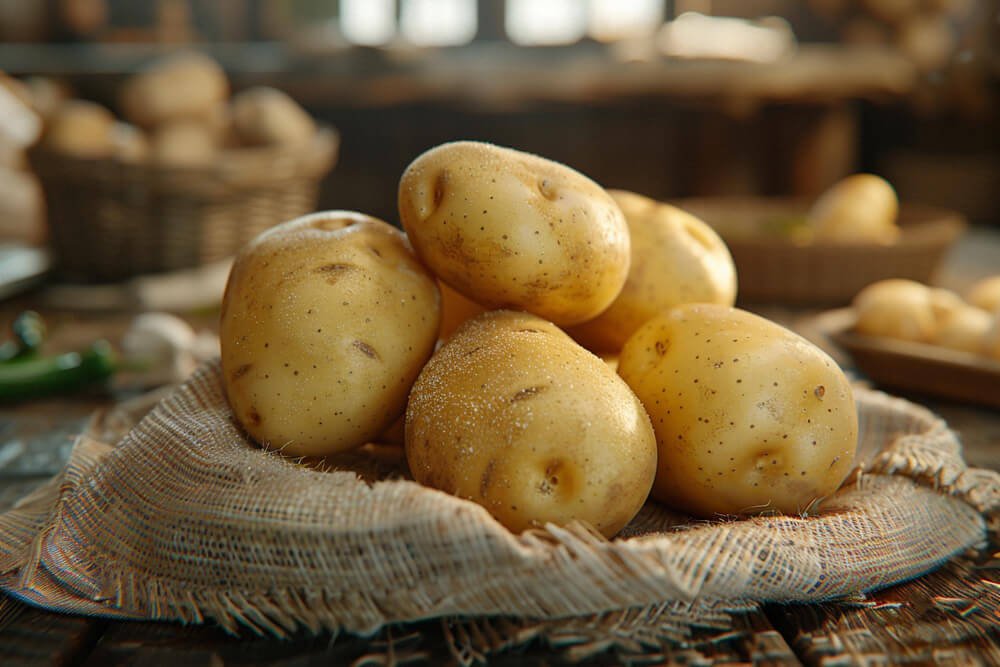
Potatoes are a high amount of starchy vegetables. They are very delicious to eat. But if the potatoes are not stored carefully, they become toxic. If the cooked potatoes are left at room temperature for a longer duration, they may develop a bacteria called ‘Clostridium Botulinum’ which causes botulism.
Botulism is a life-threatening health condition that attacks the body’s nerves and then causes food poisoning, and the end result might be death. So we have to be very careful about storing starchy foods like potatoes and don’t think about reheating them.
8. Eggs

Eggs are a highly nutritious food with a high protein content.
When the eggs are subjected to high temperatures, the protein structure may denature and destabilize. As a result, eggs become toxic.
On the other side, the texture of eggs becomes rubbery. Sometimes eggs become green from overcooking due to nitrogen oxidation. Reheating eggs multiple times increases the chances of bacterial growth.
9. Seafood

Seafood is very yummy and contains numerous essential nutrients. These are suggested foods for vulnerable groups of people because of their nutrient content. Also, it is advisable to consume them fresh.
But if seafood is left at room temperature for a longer period of time, it may develop bacteria and cause foodborne illness.
10. Mushroom

Like other meats, mushrooms also contain a high amount of protein.
But be careful! Eating reheated mushrooms may cause decay in your digestive system. Reheating breaks the protein structure and generates toxins.
Reheated mushrooms develop non-digestive end products such as oxidized nitrogen and free radicals.
11. Tea

Reheating tea changes pH levels and tends to be more acidic due to the breakdown of certain complex compounds.
It can also form bacteria if it leaves for an hour or two.
Tea contains caffeine, which becomes more concentrated after reheating. It creates adverse effects like sleep disturbances.
100% FREE SUBSCRIPTION
What content would you like to receive?


